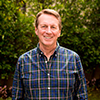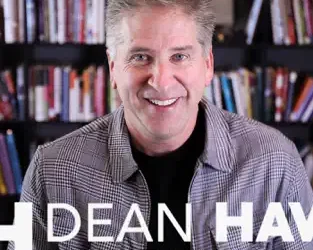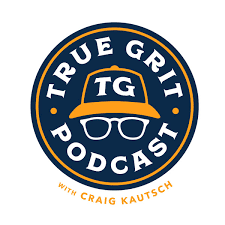Have you ever made a mistake in relationships or at work, and then said to yourself, “I was clueless!” We all do, and it’s all tied up in having problems in being self-aware (of which cluelessness is a part). People who have healthy self-awareness tend to have better relationships, be generally more content, make better decisions, and focus better at work. And people who suffer from low self-awareness tend to not only make mistakes in life, but they repeat them and repeat them, even when those mistakes have a negative impact on those they care about. But things can change. Here are some tips to help increase your capacity to observe yourself.
Practice a mindfulness exercise. I have a habit that has paid off for my own self-awareness. On a daily basis, get a few minutes away from people and tech and ask yourself these 9 simple questions, takes about a minute:
- What am I seeing?
- What am I hearing?
- What am I smelling?
- What am I touching?
- What am I tasting?
- What positive feeling am I experiencing about myself?
- What negative feeling am I experiencing about myself?
- What positive feeling am I experiencing about someone else?
- What negative feeling am I experiencing about someone else?
You will be surprised about how “in touch” you will become about your body and your interior life. There is a lot of information there to be aware of.
Develop the habit of asking “Why?” Curiosity is one of the highest level developers of self-awareness. It helps us search out our motivations behind our actions and cures cluelessness. When you make a mistake, instead of beating yourself up, or blaming others, just ask yourself “Why?” Why did I snap at her in the meeting? Why did I keep answering emails and avoid finishing the report? Why did I shut down and not say anything when I went out on that blind date? The very practice of “why” will help you figure out what kind of person you are, and help you make better decisions as well.
Deal with fear. Often, individuals with low self-awareness are afraid to stop and look in the mirror, for they fear they won’t like what they see. They don’t scrutinize their behavior or check out how they come across. Inside them, they are pretty sure the answer is painful, as in “I am a selfish failure who is useless to anyone in my life.” So they basically put the engine of life on autopilot, and run through their days running into things and people, but never stopping to figure it out. The answer here is to be able to tolerate the bad news about ourselves in the community of good people who won’t cast you aside and judge you.
Ask for feedback. Getting info from a few safe and honest people in your life can be extremely helpful in developing self-awareness. Simply say to them, “I’m working on improving my self-awareness. I’d like your opinion on situations when I seem to show a lack of awareness of how I’m coming across or impacting people.” I did this with my wife Barbi and she said, “When we are talking and you start thinking about something, you look over my shoulder.” I had no idea! Now I look at her eyes, and things are better.
Know thyself. It pays off.






